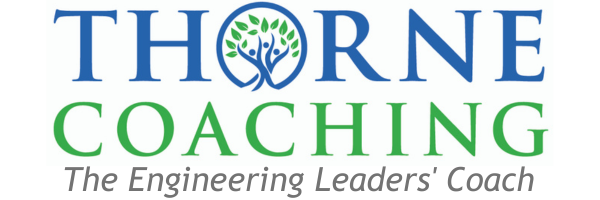Six top tips for coaching across the language divide
I've been recently been coaching a French client based in Paris who works for a global food business to discuss business issues and help improve his spoken English. Based on the 15 sessions which took place over a very intense few weeks, here are six top tips for working with clients across the language divide where it is clear that they also want to improve their spoken English. I can’t deny that the fact I speak French pretty fluently did help us both!
Put yourself in your client’s shoes by imagining the conversation was going to be in their language. The fact they are willing to have a conversation in English with a complete stranger should put most native English speakers to shame, given our national paucity for foreign languages. So, remember they may be feeling uncomfortable or nervous about the whole experience.
Go the extra mile when building rapport with your client so you can put them at ease. Let them talk about things they are very familiar with, whether that is their job, family, interests or what’s going on in their world. Do this before you launch into issues that may use technical or reserved terminology, as it can help bring back to the fore any forgotten vocabulary and grammar. I found that it really helped to find out what was going on in France so I could ask relevant questions.
Listen better than ever before. You’ll find your listening skills are improved, as you rely not only on their words but also on their body language.
Don’t interrupt. Allowing silence and space for your client to find the right words is absolutely critical.
Ask crisper, cleaner questions than ever before. As a coach, it can be tempting to dress up our questions to make us look clever, but it doesn’t work at the best of times. Also avoid overly simplistic language as it may make you sound like you’re talking to a child.
Finally, a word of warning! Don’t assume any client wants to use the coaching sessions to improve their English, as well as address the issues they are bringing. If it’s not specified in the contract or they don’t specifically mention it, then don’t cause offence by asking.
There’s no rocket science in what I’ve written, but this assignment has helped make me a better coach by magnifying the critical importance of using basic coaching skills extremely well. And I’ll continue to do that for all my clients.
